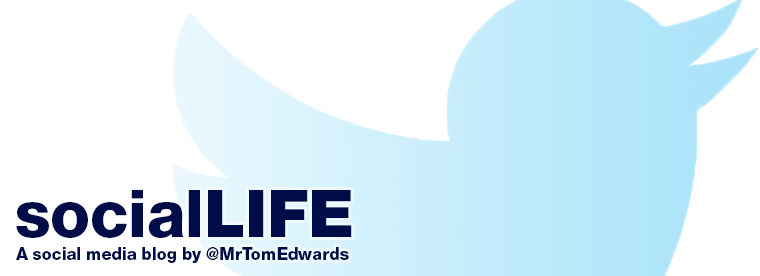I've written briefly in previous blogs about how the site decides on what we all see in our newsfeeds - this includes giving ratings to the things we click on, and the stories our friends have viewed before.
But the latest change means it doesn't just register what we click on - it also registers how long we stay there.
This means that if you click on a link on your newsfeed and stay on that site for along time, you are even more likely to see more from that site in your feed later. If you just click and return to Facebook straight away you will see a lot less of that site's stories in future.
The measure is designed to discourage 'click-bait' style stories that don't deliver on the promises they make. Often cheap, ad-heavy sites will employ click-bait tactics to get users to click, then just bombard them with ads once they've navigated there.
So far, so good. After all, who wants to see loads of crappy links in their feeds?
Unfortunately, the new measures have had some negative consequences.
Facebook has essentially taken aim at paid-for content sites, just at a time when the media is struggling to work out ways to fund itself.
 |
| Many people are seeing their reach - or, number of people who see their posts - decrease |
To fully understand the problem, you have to look at the situation from a paid-for website's point of view.
If your content is not free, then a large number of the people that click through to your stories from Facebook aren't likely to stay there very long. You are relying on much smaller numbers to subscribe to read. But, of course, to get those small numbers of subscribers, you need a large number of clicks.
So if increasingly smaller numbers of people are staying - or 'dwelling', as it's often referred to - on your site, the new changes mean you will find the number of users who see your posts goes down dramatically.
These changes work really well for providers of free content, as their slice of the readership pie will continue to increase. Aggregator sites who employ relatively few journalists, like the Huffington Post, and other small, lean operations like Buzzfeed provide all their content free.
 |
| The changes benefit free sites like Buzzfeed. LOL. |
The BBC too is of course free, and will be taking an increasing interest in social media in the next few years.
But the bigger newspapers, who employ lots of people and undertake far more traditional investigative journalism will suffer more and more unless they commit to keeping their content free.
Many will - The Mail, The Mirror, The Guardian and The Independent are all still free. But all are seriously struggling to make ends meet.
It's a tricky problem, but one that Facebook should take seriously. The majority of online advertising money now goes straight to Facebook and Google. So if they aren't careful, Facebook could end up cutting off readership from paid-for sites AND ad revenue from free sites.
 |
| Facebook now dominates the market in terms of online ad revenue |
If that happens, all content providers will have less money to invest in good quality articles. It would mean that either people migrate away from Facebook (encouraged to do so by increasingly angry news sites) OR Facebook's dominance makes this impossible and the quality of web content just gets worse.
Neither is desirable, but Facebook aren't stupid. I expect changes to come sooner rather than later - not least because many of the big media organisations that own these sites invest a great deal of ad money in Facebook themselves. The threat to cut it off could prove decisive.
The incentive is clear, the solution less so.

